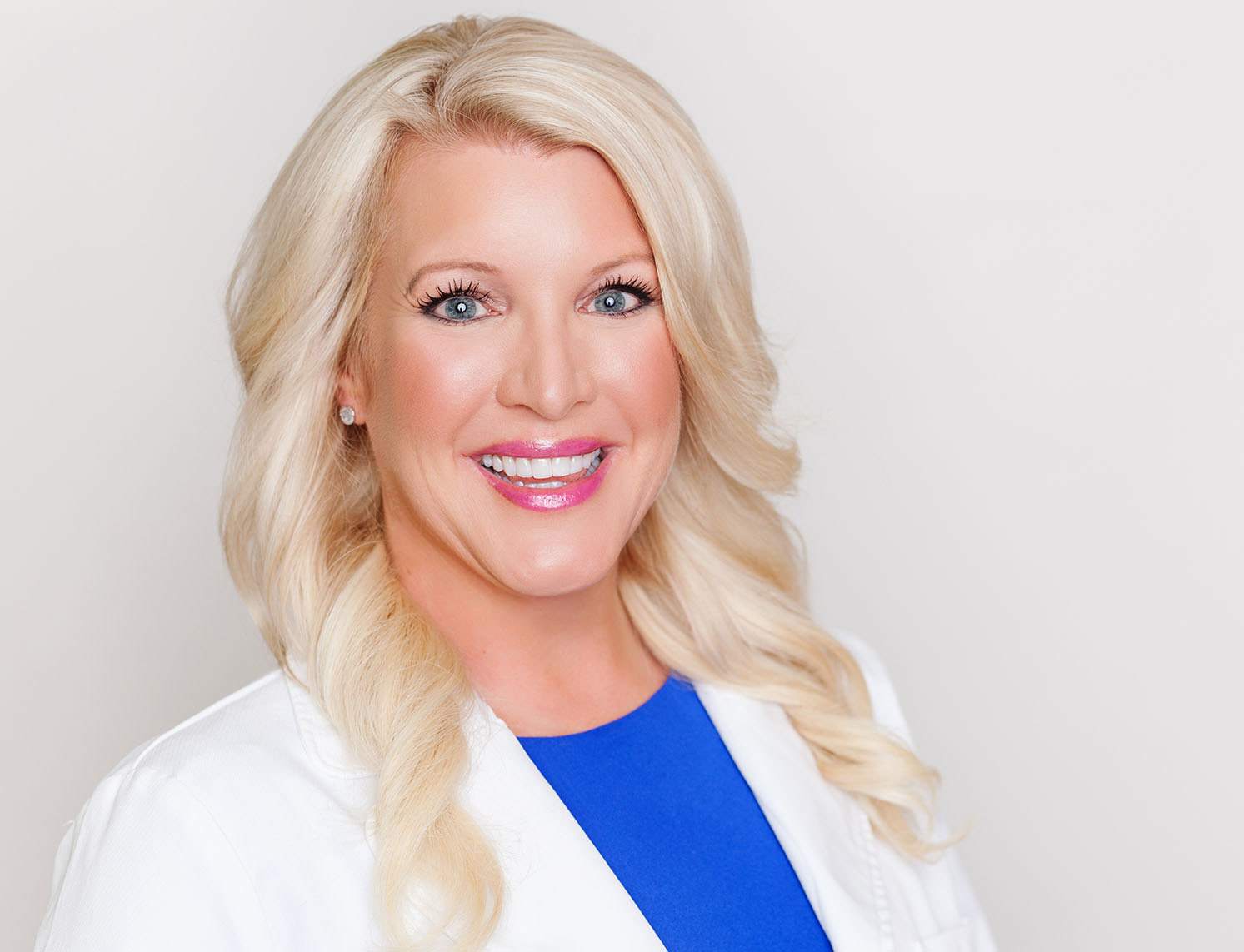Is there Hope for Healthcare?
Let’s Make Healthcare Well-Being a Priority
Dr. Katie Cole, affectionately called “The Healer’s Healer,” asserts that by educating and collaborating with key healthcare leaders and stakeholders, and by using intuitive and science-driven solutions for healthcare organizational well-being, there is indeed Hope for Healthcare.
It’s time to broaden your network, expand your community, and become actively involved in our national movement for healthcare well-being.
The Great Resignation – A Burnout Crisis
Now, more than ever, it is critical to shift our focus to the well-being of our leaders, physicians, staff, and systems nationwide. Why? The numbers tell a grim story…
How Do We Address the Burnout Problem?
Together we can positively shift our national healthcare landscape to foster engagement and bring the ‘care’ back to healthcare.
To do that, we have to:
Re-ignite
Healthcare Engagement & Passion
Re-imagine
Cultures for Retention & Resiliency
Re-design
Systems for Transformation & Profitability
Dr. Katie Cole, D.O.
Healthcare & Organizational Well-Being Change Agent
Dr. Katie Cole is an award-winning psychiatrist and well-being advocate who works with healthcare leaders and organizations to reinvigorate their passion for medicine, create healthier life-work balance, and prevent costly burnout by expanding our well-being community.
Ready to Join our National Movement?
Healthcare transformation is not only possible, but it’s also more crucial now than ever before. Join our Healthcare Well-Being Community to learn how you can integrate successful well-being practices, which promote professional fulfillment while enhancing profitability.
Join Now
References
* Sinsky et.al. published in Mayo Clinic Proceedings: Innovation, Quality & Outcomes, 2021.
** Jones et al., 2017; NASEM, 2019; Pa- tel et al., 2021
*** MedScape

